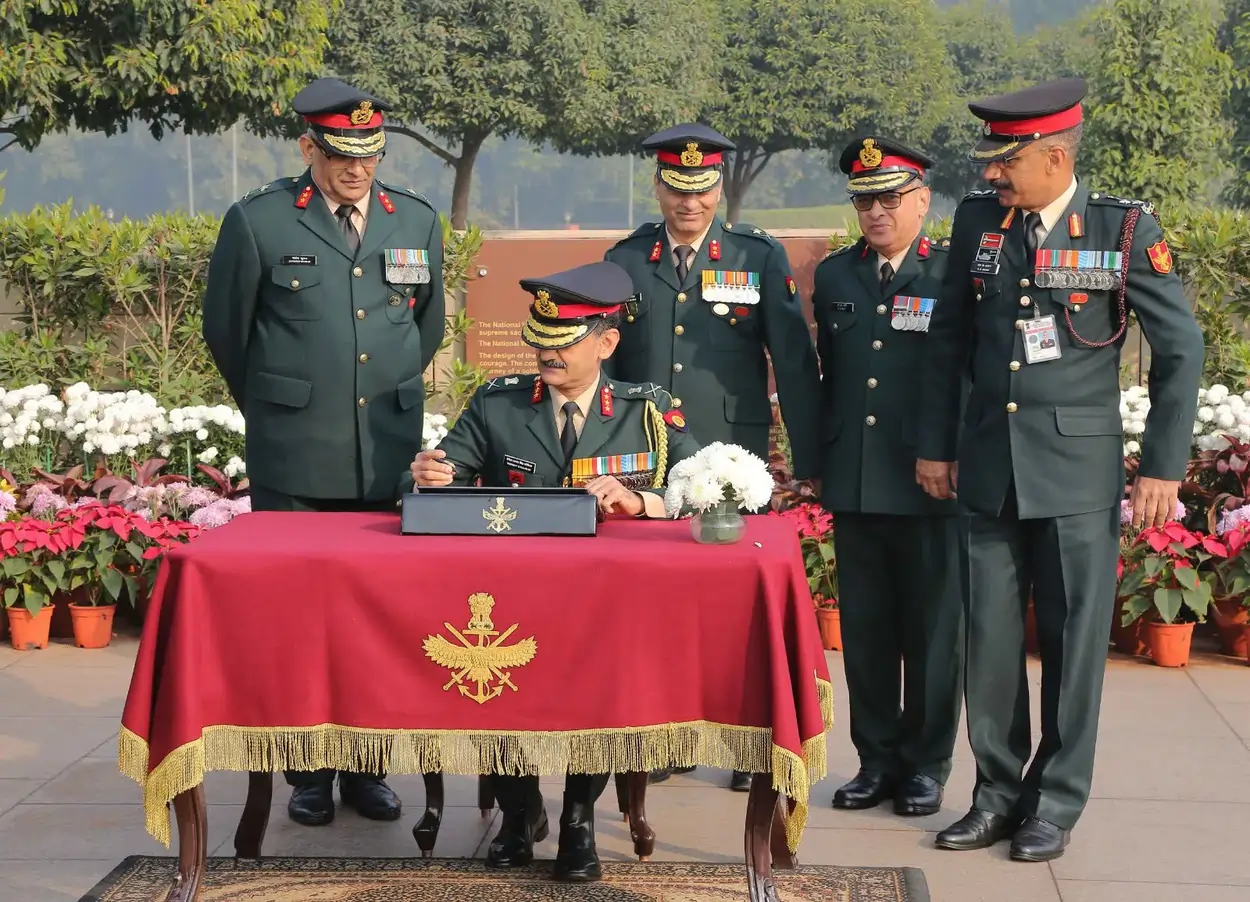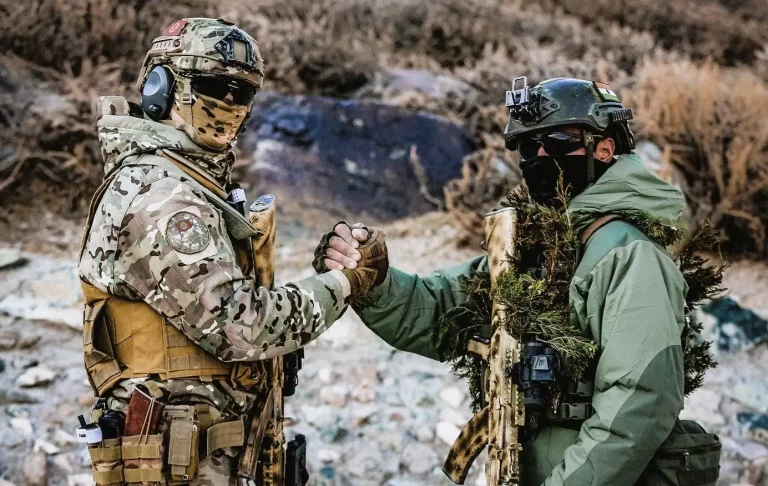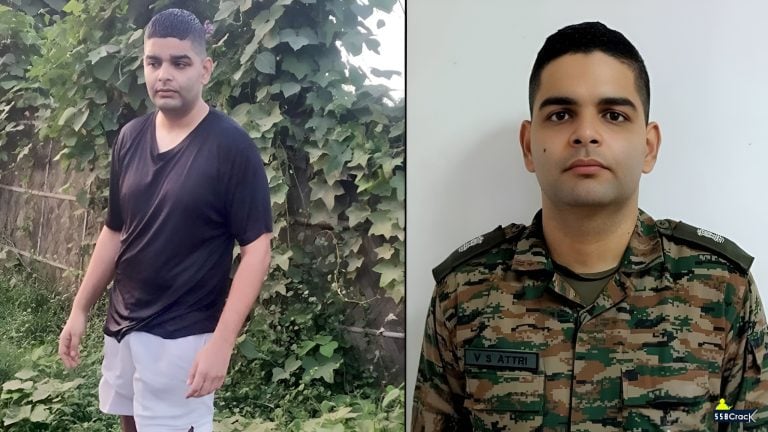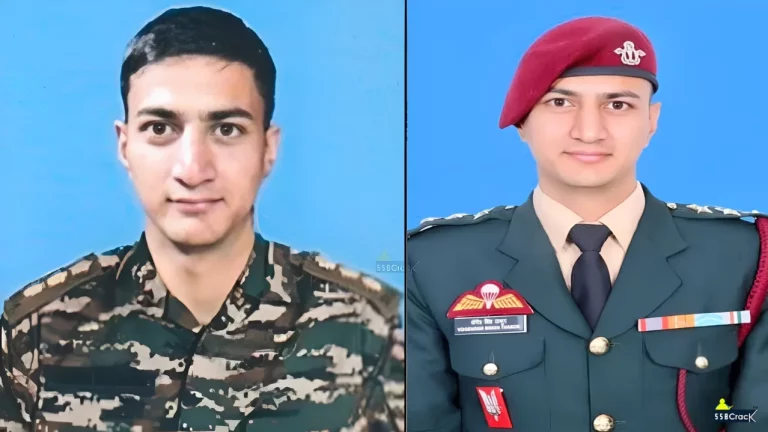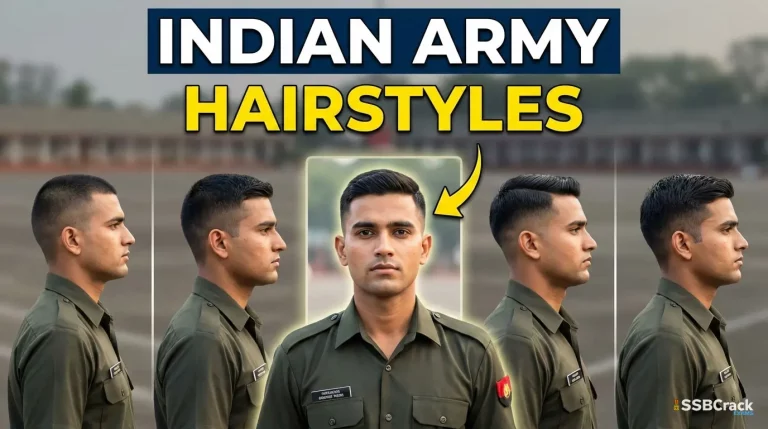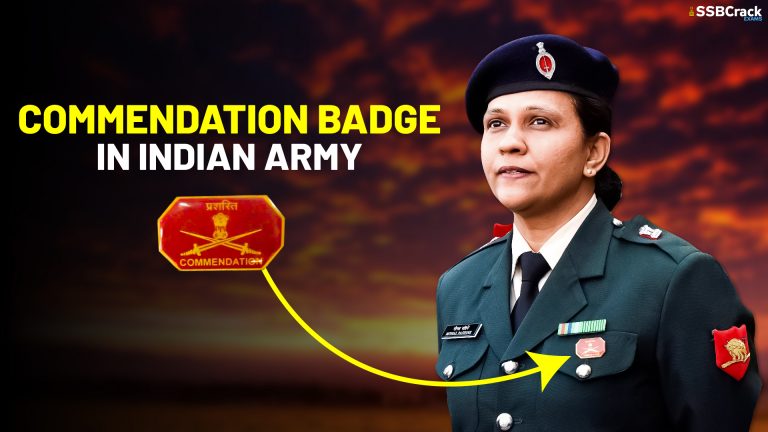The Adjutant-General (AG) of the Indian Army plays a crucial role in military administration, balancing the intricate demands of operational readiness with the human resource needs of one of the largest standing armies globally. With a force comprising over 1.4 million active personnel and a vast veteran community, the AG ensures that structured policies and welfare initiatives are in place to support these individuals. Reporting directly to the Chief of Army Staff (COAS), the AG oversees a multifaceted branch that covers various aspects from recruitment to post-retirement care, which is essential for maintaining discipline, morale, and operational readiness across diverse terrains and security challenges.
The historical roots of the Adjutant-General’s role can be traced back to the British Indian Army, where it was established to address administrative functions during the expansion of colonial military operations. Colonel Sir Henry George Smith became the first recorded holder of this position in 1840. Subsequent holders, predominantly British officers, focused on logistics, discipline, and personnel management during times of imperial expansion and conflict. Following India’s independence in 1947, the leadership transitioned to Indian officers, starting with Major General Hira Lal Atal, marking a significant shift towards indigenization in the Army’s command structure. Over the years, the AG’s responsibilities have broadened to include modern elements such as digital human resource systems and gender-inclusive policies, reflecting ongoing military modernization efforts.
In the contemporary organizational setup, the Adjutant-General’s Branch at Army Headquarters is structured as a comprehensive administrative hub, encompassing several directorates that handle specialized functions. The AG collaborates closely with the Ministry of Defence’s AG Division, focusing on manpower planning and human resource policies. Typically a lieutenant general with extensive field experience, the AG leads this branch while also taking on the role of Colonel of the Corps of Military Police (CMP) and within the Judge Advocate General’s (JAG) Branch, emphasizing a dual authority in enforcing military law and ensuring order.
The AG’s duties are extensive and impactful throughout the lifecycle of Army personnel. At the core of these responsibilities is manpower planning, which involves forecasting personnel needs, managing promotions, and addressing specialized role shortages. The recruitment process falls under this umbrella, with initiatives like the Agnipath scheme introduced in 2022 to bring agility into the forces. By mid-2024, the enrollment approximated 100,000 Agniveers, with plans to fill an additional 50,000 vacancies, exemplifying the AG’s adaptability to demographic changes and fiscal pressures. Discipline and vigilance are equally critical; the AG directs the Provost Marshal Directorate to tackle corruption and uphold ethical standards through surprise inspections and awareness campaigns.
Welfare is another significant aspect of the AG’s mandate, recognizing that soldier morale directly influences combat effectiveness. The management of the Army Welfare Education Society (AWES), which operates over 130 schools and professional colleges for dependents, along with the Army Welfare Housing Organisation (AWHO) providing affordable housing to serving and retired personnel, showcases this commitment. Additionally, the AG’s office oversees the Director General Medical Services and Director General Dental Services, which ensure healthcare accessibility through military hospitals and the Ex-Servicemen Contributory Health Scheme (ECHS) that covers millions of ex-servicemen and their families. The Directorate of Indian Army Veterans (DIAV) is dedicated to veteran affairs, offering pension guidance, career transition programs, and outreach initiatives critical to supporting a large number of veterans facing civilian reintegration challenges.
In addition to operational and welfare duties, ceremonial responsibilities add depth to the AG’s role. The branch coordinates significant national events, such as Republic Day parades, exemplifying the Army’s discipline. The AG also oversees the Army Group Insurance Fund, which provides financial security through life and disability coverage. During crises—such as natural disasters or pandemics—the AG mobilizes resources for relief operations, showcasing the branch’s adaptability.
The AG’s importance is further underscored by the evolving security landscape facing India, which includes threats from border tensions and cyber warfare. By supporting frontline operations through effective administrative systems, the AG fosters high morale via fair policies and welfare benefits, which is crucial for a volunteer force. However, this role is not without its controversies, particularly regarding the long-term implications of the Agnipath scheme on pension burdens and job security, highlighting the AG’s challenges in balancing fiscal constraints with personnel expectations.
As of September 2025, Lieutenant General VPS Kaushik holds the position, having assumed office on August 3, 2024. His previous experience as General Officer Commanding of a corps brings valuable operational insight into administrative leadership. For prospective officers, understanding the role of the AG provides a lens into the essential non-combat pillars of the Army, emphasizing that effective administration is as vital to national defense as battlefield strategy.
Key directorates under the Adjutant-General’s Branch include the Director General of Manpower Planning and Personnel Services, which oversees recruitment and HR policies; the Director General of Discipline, Ceremonial and Welfare; the Provost Marshal Directorate; the Judge Advocate General’s Department; the Director General of Medical Services & Dental Services; and the Directorate of Indian Army Veterans. These entities exemplify a comprehensive approach to sustaining the Army’s human capital, demonstrating that the Adjutant-General not only administers but also safeguards the ethos of the Indian Army, ensuring it remains a disciplined, motivated, and resilient force ready to defend the nation.
